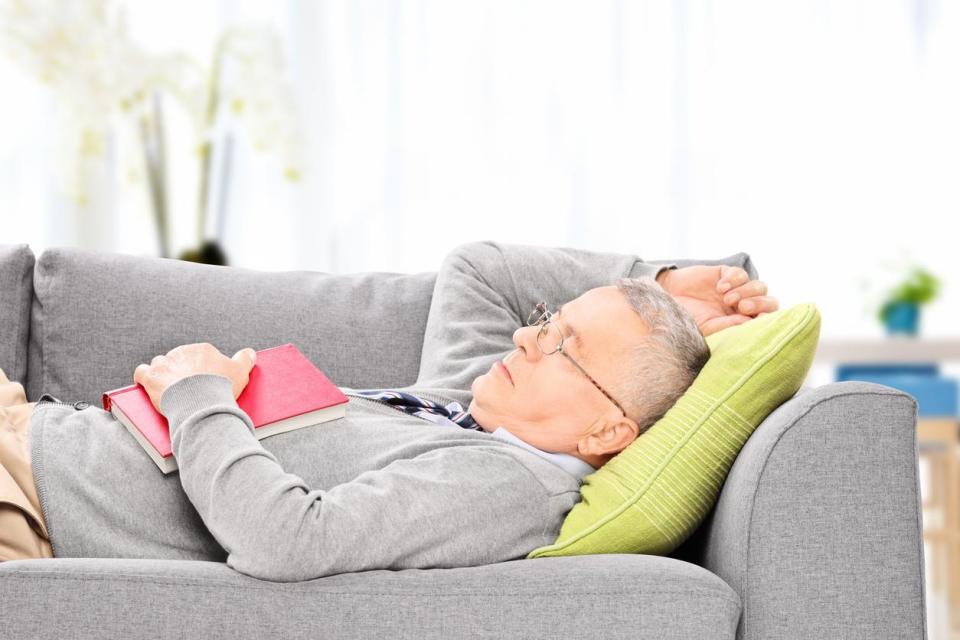The perfect time of day to nap revealed

Power napping is undoubtedly a skill.
Not all of us are able to drop off for 30 minutes in the middle of the day, even when we’re exhausted. But those of us who can nap reap considerable benefits to their health, productivity and brain power.
And it turns out there’s actually a perfect time of day to grab some quick shut-eye: 3pm.
The reason for this comes down to our circadian rhythm, which dips around 3pm. Many people also experience post-lunch sleepiness or a lack of alertness, making it the perfect time to nap.
You should aim to nap for 20 to 30 minutes - any longer and you risk falling into a deep sleep which could actually leave you feeling groggy for an hour after waking up. This is known as sleep inertia.
And although a nap can be particularly valuable if you didn’t get enough sleep the night before, napping for too long could make it harder to sleep that night.
According to the latest report by the Sleep Council, almost three-quarters of Brits get less than seven hours’ sleep a night.
What’s more, the number of people who get less than five hours’ a night has grown from seven per cent to 12 per cent.

“When you’re sleep deprived, only bad things happen to your mood, concentration, health, and immune system,” Rajkumar Dasgupta, an assistant professor of clinical medicine at the Keck School of Medicine at the University of Southern California, explained to Tonic.
“It’s not good to be sleep deprived.”
But with more and more of us not getting enough sleep at night, naps could take on increasing value.
Studies have proven that napping provides significant health benefits and can actually counter the effects of sleep deprivation.
After napping, people are more alert, creative, have better memory skills and are better at learning. You’re also less likely to make mistakes and have accidents.
And let’s not forget that people often wake up from a nap feeling refreshed and rejuvenated.
But if you don’t work at a company like Google or Uber (who encourage napping), you may have to convince your boss before you curl up under your desk.

